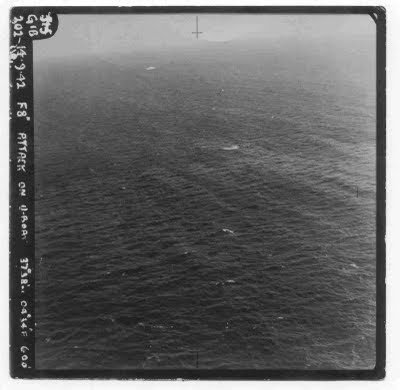Driverless cars have been in the news recently, with lots of hype from the politicians, though the actual reality might be more sobering, unless you need a stiff drink after riding in one.
Driverless trucks are also on the horizon, and if these follow the performance of Jeremy Clarkson's driverless car, they'll create carnage enough to turn the average Islamic terrorist green with envy. We can expect massive mayhem before they get the bugs out. And since different truck makers are developing different systems, we can expect a different set of bugs in each range of vehicles. It's amazing what a simple punctuation error in a line of code can do (and that's before the hackers get in).
Nevertheless these vehicles will definitely come about, because there's big money to be made, especially in trucking and taxi-driving, where the elimination of paid employees will massively increase profits (and could maybe be passed on as reduced costs to the consumer, perhaps, one day). So apart from death, mutilation, massive redundancies and a penny off supermarket yogurt, what other benefits will this transport revolution bring? Let's take a look...
Coming of age.
Coming of age is traditionally marked by getting your driving license. But what happens when you can ride alone in a car from say age ten upwards? Is the school run going to get even more gridlocked as the school bus becomes becomes obsolete, with each student dropped off by an owned or hired car? Will kids be able to take themselves off wherever they want in the school holidays, like they used to do on bikes before cycling became a kamikaze pastime?
Liberated grannies.
Another increase in cars on the road can be expected from senior citizens who are unable to drive due to medical conditions.
Gridlock
So we will see a vast increase of cars on the road from sections of the population who would normally use public transport, or wouldn't travel at all. A significant factor in this growth could be that cars need no longer be owned by the user. Once the system is up and running, a few clicks on your smartphone should summon up a car to take you from anywhere to anywhere else.
Beeching rides again (but not by train)
Will driverless cars and trucks spell the end of the line for passenger and freight trains?
As far as non-car owning passengers are concerned, traveling from one small town to another will become easier, more convenient and probably cheaper by hired car than by train. But city-to-city and small town to city may be another matter, if the tendency for cities to become gridlocked increases due more urban car use.
As for freight trains, removing drivers from trucks will considerably reduce road haulage costs, though it won't do anything for energy usage. Rail transport has an intrinsic energy advantage over road because the rolling resistance of steel wheel on steel rail is a fraction of that for tire on road. But this advantage only become economically significant for moving large loads over long distances - things like bulk iron ore, construction aggregates and transcontinental container runs. So don't expect the Trans-Siberian to go out of business anytime soon.
Another place where freight railways will still be needed is in mountainous countries like Austria and Switzerland, who don't want any more trucks of any kind crossing their mountain passes, and compel through traffic to drive onto trains of flatcars and travel through Alpine base tunnels. Nevertheless, in most countries with short and medium hauls, road freight will gain a competitive advantage over rail by going driverless.
Roadworks all the way
One of the results of transferring freight from rail to road (apart from adding to the gridlock) will be the hugely disproportionate damage to roads caused by the increased truckloads. Damage to road surfaces increases as the fourth power of the axle weight! - a fact that the road transport lobby is rather coy about (if trucks were made to pay their true cost of operation in road taxation then most heavy freight would probably still be traveling by rail.)
No parking
Town center car parks will be less used by commuters (if not by shoppers) as automatic cars set down their passengers and then move off to their next call. Rush hours will be characterised by cars moving in and out of town in almost equal numbers, both morning and evening, probably adding to the gridlock.
Suburban 'park-and-ride' schemes will become redundant for the same reason. Cars will come and go when they are called, from home to station and vice versa, and then disappear to do something else
Flaremaggedon
All this futuristic transport system will have at least one Achilles heel, in that it is all dependent on global positioning satellites. A repeat of the Carrington Solar flare event of 1859 would probably knock the whole system out and bring the developed world's transport to a shuddering halt.





























